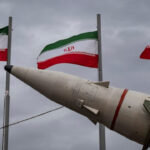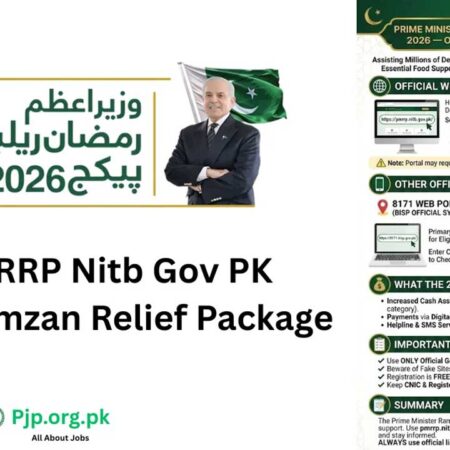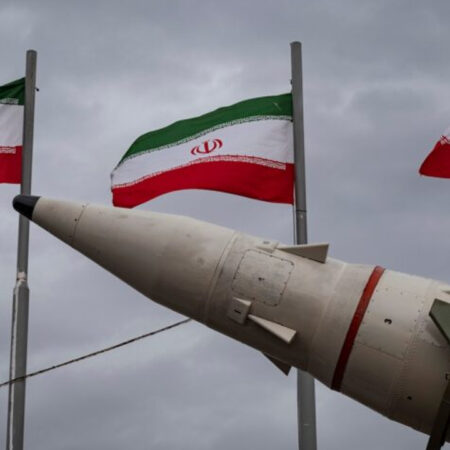A project that intends to improve microcredit availability and bolster the resilience of the microfinance industry and its borrowers, especially in the face of climate-related shocks, has received $102 million in funding approval from the World Bank.
According to a news release from the World Bank’s Resident Mission in Islamabad, the board of directors approved the funding under the “Resilient and Accessible Microfinance (RAM) project” on Tuesday.
In order to discuss Pakistan’s economic reforms, particularly the privatization agenda as a follow-up to the Country Framework Programme (CPF), which was finalized in January with indicated support of over $20 billion, a World Bank delegation traveled to the nation in February.
According to Najy Benhassine, the World Bank’s country director for Pakistan, “microfinance is a critical tool for supporting the livelihoods of vulnerable populations in Pakistan.”
In order to ensure that the microfinance industry can continue to offer crucial financial services to people who need them most, especially in rural regions, this initiative will help increase the sector’s resilience, especially in the face of growing climate risks.
As stated in our new 10-year Country Partnership Framework, “this project is part of our broader commitment to promoting financial inclusion in Pakistan and to increasing resilience to climate change,” he continued.
Nearly 1.89 million individuals, including over 1 million women and over 350,000 youth, would benefit from the project, according to the statement, with those living in low-income and vulnerable rural areas particularly benefiting.
The project will guarantee that microfinance institutions may “continue to provide services even during climate-induced financial pressures” by providing them with financial resources.
In order to help people and small companies achieve financial stability, the project would expand their access to microcredit by offering them “recovery loans.”
The project’s task team head, Namoos Zaheer, stated that the project was a major step to strengthen financial inclusion in Pakistan and was created using lessons learnt from the terrible floods of 2022.
“It will increase the resilience and economic empowerment of those at the bottom of the economic pyramid, especially small farmers, women, and rural families who are more vulnerable to climate shocks.”
The State Bank of Pakistan will carry out the project on behalf of the Ministry of Finance. It will be the first of several initiatives to help the industry, and it will be planned and implemented in close collaboration with major global financial institutions.
The creation of a Climate Risk Fund, creative use of agrotechnology solutions, microfinance institutions’ capacity building, and the creation of risk management frameworks to improve the sector’s resilience are some of the project’s main features.
The Global Shield Financing Facility (GSFF), a multi-donor trust fund run by the World Bank Group and funded by the governments of Canada, Germany, Japan, Luxembourg, and the United Kingdom, has awarded a $23 million grant to co-finance the project.
The GSFF provides greater access to financial protection against climate shocks, disasters, and crises for vulnerable and impoverished nations and individuals.
Since 1950, Pakistan has been a part of the World Bank. The Bank has given the nation $48.3 billion in aid thus far.
A Country Partnership Strategy with four key areas of engagement—energy, private sector growth, inclusion, and service delivery—oversees the Bank’s work in Pakistan.
With 106 projects and a $17 billion investment, IBRD, IFC, and MIGA now have a portfolio in Pakistan.












No Comment! Be the first one.